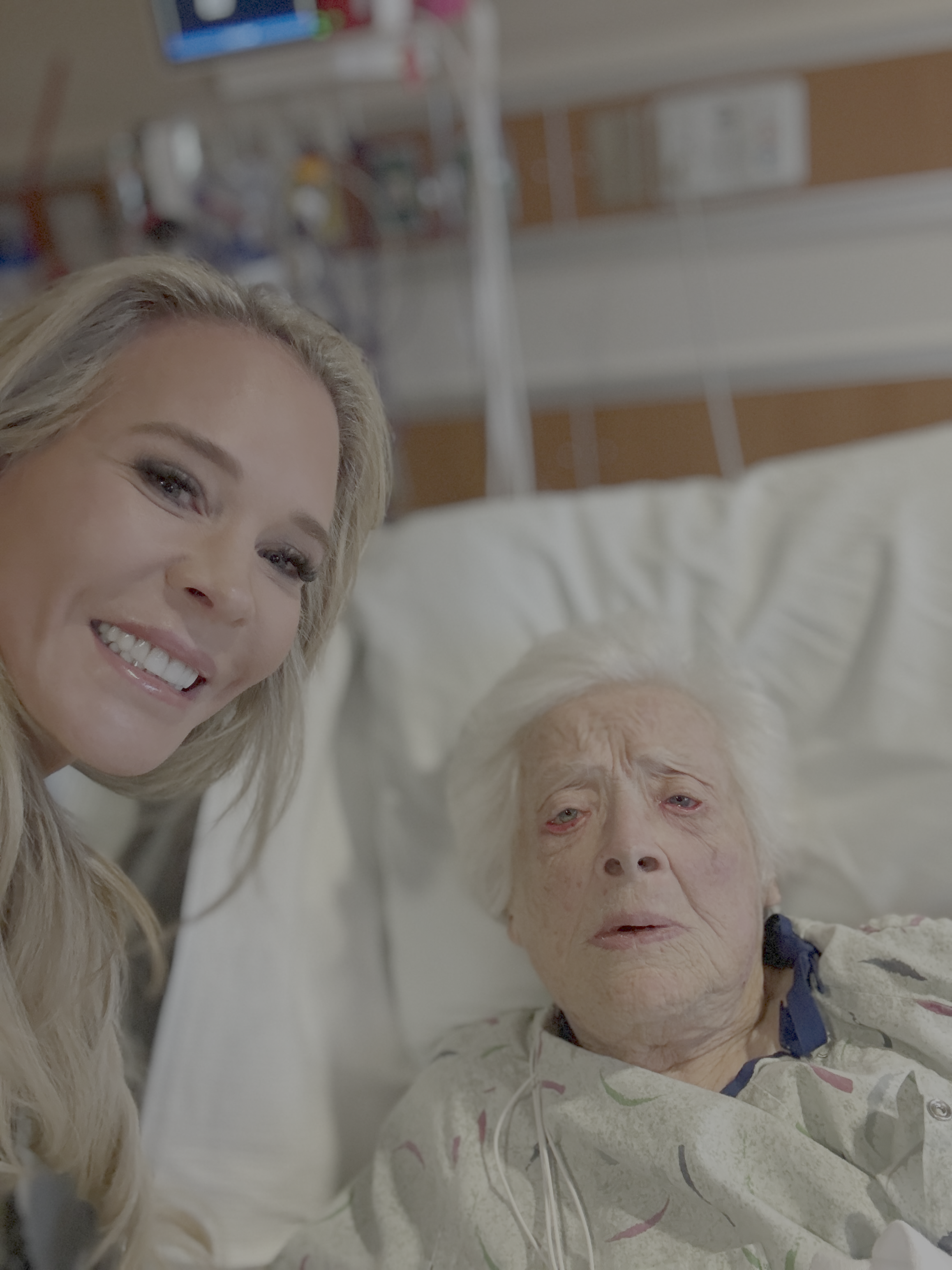
For most of us, life is a constant seesaw. One moment you’re weightless and rising toward the clear blue sky, and the next you’re careening toward the earth. How do you make sure your feet are there to catch you before you bash your tailbone against the hard soil?
This week’s podcast guest, Carlie Hardy, shares parts of her life story and some challenges that have come along the way. How did she get through it all?
Though it may sound cliché, big athletic challenges are often a perfect analogy for life’s biggest hurdles. The experience Carlie recounts in her memoir, Spirited, is a race called the Wasatch 100. As a way to get her husband to consider open heart surgery, Carlie promised she would participate in the grueling 36 hour ultramarathon in his place. The stakes were high, as the race director let her know that they were having a special plaque made for David that they would present at the same time she received her finisher’s award. Just like the other obstacles Carlie was facing at the time, there was no option to give up.
Try it yourself:
- Remind yourself of your strength. When you’re going through a rough patch, it can be helpful to get out of your head and do something that pushes your body. Sure, maybe you don’t go out and run an ultramarathon or climb a mountain. But how else can you find your strength? Maybe for you it’s signing up for a fitness class that might be outside your comfort zone, registering for a 5K race, or learning how to sail a boat. Banking those tangible wins is a great way to prove to yourself just how much is really in your tank.
- Find your cheer team. If you don’t have someone else balancing out the other end of your seesaw, you’d never be able to make it off the ground. Carlie notes that one of the reasons she was able to finish the Wasatch 100 was because of the volunteers and her pacer team that always brought fresh energy and distraction from the pain. When you are going through a difficult moment, lean on the people around you.
- Avoid the temptation to place blame. Carlie had made it to mile 85 of 100. She was fantasizing about how it would feel to cross the finish line when she realized that she and her running partners had accidentally taken a wrong turn. Suddenly, her time buffer had completely disintegrated. She was too physically and emotionally exhausted to place blame on herself, her partners, the lack of volunteers onsite, or even the race organizers… and also, what good would that do? Carlie also refused to throw in the towel and give up on her goal. Instead, she figured out exactly how fast she would have to run per mile to finish the race and then went out and crushed it – despite it being faster than she had ever run before.






Just Get Started
You May Also Like
Five Mantras for Embracing Struggle
The Courage to Recognize the Real vs. the Not Real
The Courage to Be Enough